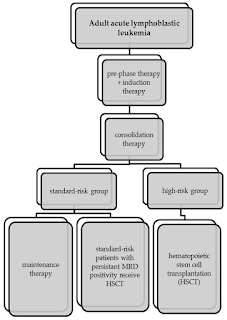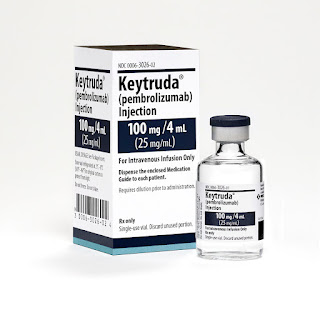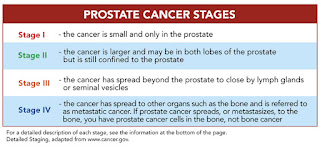Targeting CDK1 in cancer: mechanisms and implications | npj Precision Oncology

acute leukemia treatment :: Article Creator Revumenib Earns FDA Priority Review In R/R KMT2Ar Acute Leukemia Revumenib, a first-in-class Menin inhibitor, was granted priority review from the FDA for the treatment of adult and pediatric relapsed or refractory KMT2A-rearranged acute leukemia. Priority review from the FDA has been granted to the new drug application (NDA) for revumenib in adult and pediatric relapsed or refractory (R/R) KMT2A-rearranged acute leukemia. Findings from the AUGMENT-101 trial (NCT04065399) evaluating revumenib in adult and pediatric patients with KMT2A-rearranged acute myeloid leukemia (AML) and acute lymphoid leukemia (ALL) support this decision. A Prescription Drug User Fee Act (PDUFA) target action date has been set for September 26, 2024. The FDA granted priority review to the NDA for revumenib in adult and pediatric R/R KMT2A-rearranged acute leukemia.1 Revumenib is a first-in-class Menin inhibitor. The NDA




